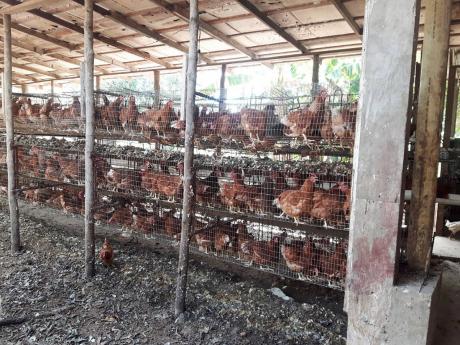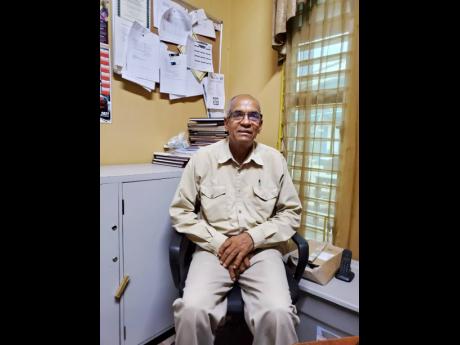Beryl puts huge crack in egg production
The Jamaica Egg Farmers Association is reporting a significant loss in production since the passing of Hurricane Beryl.
Mark Campbell, president of the association, told The Gleaner that production has fallen by one-fifth since the Category 4 system wreaked havoc in sections of the island two weeks ago.
“We have seen a 20 per cent drop in production since Beryl. That 20 per cent represents 12,000 dozens per day,” Campbell shared. “At a conservative estimate of $400 per dozen that works out to $4.8 million per day in losses for egg farmers across Jamaica.”
Hurricane Beryl inflicted severe damage mainly in the south coast parishes Manchester and St Elizabeth, where many persons, businesses and government structures, including schools, suffered significant losses, especially as many roofs were blown off buildings.
The heavy wind and rains also wiped out many crops across the breadbasket parish of St Elizabeth and right across the country, including Trelawny.
Many power lines were also downed during the passage of the hurricane, leading to loss of electricity and water, as many of the main pumps that are used in the treatment and distribution of water need power to work.
Campbell told a tale of woe as he explained how poultry farmers were badly impacted and experiencing huge losses, primarily across the island’s southern belt.
“Farmers, especially in the southern parts of the island, have had their henhouses destroyed and birds are dying. The woes of the farmers have been exemplified by the length of time they have been without electricity,” he stated, relating to a problem that is affecting many Jamaicans because of the downed utility poles and damaged power lines.
The Jamaica Public Service has deployed many teams across the island in an effort to restore power, but it estimates that it could take up to a month before the worst affected areas are back on the grid.
“One farmer reported that he had to dump 300 dozen eggs which had gone bad because of the lack of electricity to his storeroom,” Campbell told The Gleaner.
MAJOR LOSS
Cheryl McLeod, an egg farmer in St Mary, in explaining how Beryl has affected her farm, shared that she suffered a massive loss due to a lack of electricity, noting some of the intricacies associated with poultry farming.
“I have lost 300 birds; the production level has fallen,” McLeod said. “The layers are very sensitive. If you wear different clothing as you enter the henhouse, if a light comes on later than scheduled, the production level falls. What we have to do is pump vitamins in the birds to keep them alive.”
In the meantime, Campbell says that there is some consolation, remarking that at this time of the year, there is “no peak demand” for eggs.
The Government has also said that it is making checks all around to provide help, and Campbell explained that there is a way how they can ease the plight of Jamaican egg farmers.
“We think egg farmers would appreciate government help. One way they can help is with the removal of general consumption tax. That would be a massive help to us,” Campbell said.


